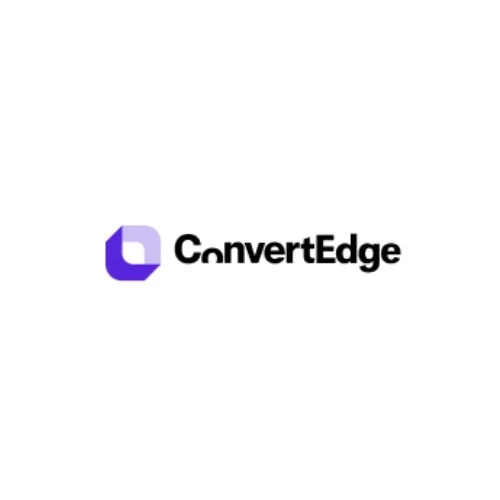In an era defined by digital transformation, custom web application development is at the forefront of enabling businesses to deliver tailored online experiences. Unlike off-the-shelf solutions, custom web applications are built from the ground up to meet the specific requirements of a business or organization. They offer flexibility, scalability, and a high degree of personalization that generic platforms simply cannot match.
What Is Custom Web Application Development?
Custom web application development refers to the process of designing, building, and deploying web-based software tailored to meet particular business needs. These applications are accessed via a web browser and often serve as core tools for managing operations, user interactions, data processing, and more.
From CRMs and eCommerce platforms to inventory management systems and client portals, the possibilities with custom web application development are vast. Developers use technologies like HTML, CSS, JavaScript, and server-side languages to create responsive, functional, and secure applications that evolve alongside business goals.
Benefits of Custom Web Application Development
- Tailored Functionality: Unlike pre-packaged software, custom web applications are built to handle specific tasks and workflows that align with business processes.
- Scalability: As your business grows, custom web applications can be scaled to accommodate increased user activity, features, and integrations.
- Security: Custom solutions enable developers to implement security protocols tailored to your industry and regulatory requirements.
- Integration Capabilities: These applications seamlessly integrate with existing software, APIs, and third-party platforms.
- Long-Term ROI: While initial costs may be higher, the long-term value of optimized performance and productivity makes custom web application development a worthwhile investment.
Core Features of Custom Web Application Development
- User-Centric Design: Applications are designed with target users in mind, offering intuitive interfaces and seamless navigation.
- Responsive Layouts: Custom web applications are built to perform across all devices—desktop, tablet, and mobile.
- Database Management: Efficient handling of data through secure and scalable databases.
- Cloud Deployment: Leveraging cloud infrastructure for global accessibility and reduced downtime.
- Custom Dashboards and Reporting: Businesses gain insight into operations with real-time data visualization and reporting tools.
- Role-Based Access Control: Ensuring users only access the functionality relevant to their roles enhances both security and usability.
Each of these elements plays a critical role in making custom web application development effective and future-ready.
Ideal Use Cases for Custom Web Application Development
Businesses across industries benefit from custom web application development, including:
- Healthcare: Patient portals, appointment schedulers, and health record systems.
- Education: Learning management systems tailored to school or institution requirements.
- Finance: Secure platforms for transactions, budgeting, and financial planning.
- Logistics: Real-time tracking systems and supply chain management tools.
By aligning the development process with industry-specific goals, custom web applications deliver greater value and efficiency.
Future Trends in Custom Web Application Development
Technologies like artificial intelligence (AI), progressive web apps (PWA), and microservices are reshaping custom web application development. AI integration enables smarter, predictive features, while PWAs offer app-like experiences directly in the browser. Microservices architecture supports modular development, allowing faster updates and easier maintenance.
Additionally, the rise of low-code and no-code platforms empowers teams to prototype and develop applications with minimal technical expertise—though custom web application development remains key for complex, performance-intensive use cases.
Conclusion
Custom web application development empowers businesses to create purpose-built digital tools that drive performance, efficiency, and user satisfaction. From concept to deployment, the process involves strategic planning, creative design, and meticulous coding to craft solutions that are truly one-of-a-kind. As markets become more competitive and user expectations soar, investing in customized web solutions is a strategic step toward sustainable digital growth.
If you'd like, I can also help tailor this article for a specific target audience, industry, or technical level—just say the word.



